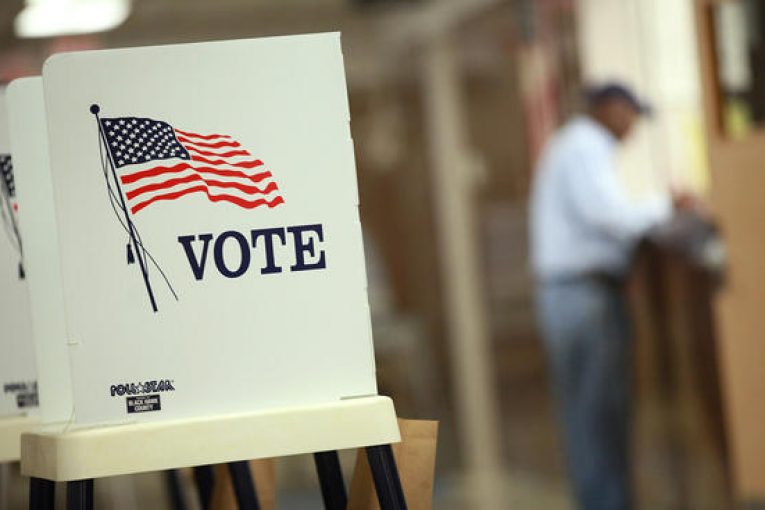

By Destiny G
MINNEAPOLIS, MN – The Constitution does not automatically give those who have been released from incarceration but are still on felony probation the right to vote, according to the ACLU of Minnesota.
Despite the ruling, the Restore the Vote MN Coalition said last week it will persist in passing voting rights legislation, already approved in the state House and in the state Senate.
“While it’s unfortunate this ruling upholds the perpetuation of disenfranchisement and mutes the voices of people as they re-enter society, we’re excited to continue moving forward in the Legislature, where we fully expect the Senate to restore the vote and end this exclusion of thousands of people,” said Brian Fullman, a lead organizer with RTVMN partners ISIAH and FAITH in Minnesota.
The ACLU alleges the current state law keeps those who have finished their prison term or have never spent a day in prison from voting. These are also people who live, work, and pay taxes in their communities, and yet are not permitted to vote, asserted the ACLU.
Craig Coleman, a partner with Faegre Drinker said, “No one in this litigation has ever claimed that there is any purpose served by excluding them from voting. With this decision, it is imperative that the Minnesota Legislature take action to extend the right to vote to all Minnesotans living in the community.”
The ACLU explains this voting bar disproportionally affects those who are Latinx, Black, and indigenous, noting those disenfranchised are six percent Latinx, 24 percent Black and 7.5 percent Native.
ACLU-MN staff attorney David McKinney said, “The criminal legal system’s goal is rehabilitation, redemption, and helping people rejoin their communities — this law clearly serves none of those purposes. The court’s ruling presents a golden opportunity for the Senate to join the House in demonstrating its belief in voting rights and end this disenfranchisement.”
“This ruling puts Minnesota at odds with the growing recognition that felon disenfranchisement laws are racially discriminatory and prevent people who have returned to their communities from having their voices heard in our democratic process,” adds Julie Ebenstein, senior staff attorney with the ACLU’s Voting Rights Project.
Mother and trained addiction counselor, Jen Schroeder, who was sentenced to 40 years probation for a drug probation charge, explained, “I am angered by the Supreme Court’s decision, which means I can’t vote until I am 71.”
Schroeder added, “By ruling against our case, the Minnesota Supreme Court has said that what I am doing, who I have become, is not enough. I and 53,000 other disenfranchised Minnesotans deserve to be treated as full members of society, not barred from voting for 40 years.”
As of October 2019 the case was filed in Ramsey County District Court. The ruling was issued by the Minnesota Court of Appeals in May 2021, which was then argued by the ACLU team in front of the Minnesota Supreme Court, Nov. 30, 2021. 